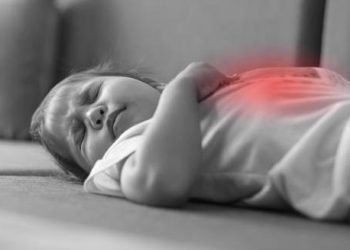Symptoms of Concussion
Symptoms of concussion can appear immediately after the injury or emerge gradually over hours or even days. Because a concussion affects the brain’s function—not its structure—there are usually no visible injuries, making symptom recognition vital for early diagnosis and care.
Common Physical Symptoms
Headache
Dizziness or balance problems
Nausea or vomiting
Sensitivity to light or noise
Fatigue or drowsiness
Blurred or double vision
These symptoms may last a few days or persist longer depending on the severity of the concussion and individual factors such as age and health status.
Cognitive Symptoms | Symptoms of Concussion
Confusion or difficulty concentrating
Short-term memory loss (especially about the event that caused the concussion)
Slowed thinking or response time
Feeling mentally “foggy” or dazed
These signs may interfere with work, studies, or day-to-day tasks and should not be ignored.
Emotional and Behavioural Symptoms
Irritability
Mood swings or depression
Anxiety or nervousness
Unusual emotional responses
Family members or colleagues may notice these changes before the injured person does, especially if the behavioural shift is subtle.
Sleep Disturbances
Trouble falling asleep
Sleeping more or less than usual
Feeling unrested after sleep
Sleep problems are often overlooked but can significantly affect recovery and quality of life post-concussion.
Red Flag Symptoms | Symptoms of Concussion
Seek immediate medical attention if any of the following occur:
Repeated vomiting
Loss of consciousness (even briefly)
Seizures
Worsening headache
Weakness or numbness
Slurred speech
In children, signs such as constant crying, lack of interest in toys or food, and drowsiness should prompt urgent care.
In summary, symptoms of concussion are diverse and may affect physical, cognitive, and emotional functioning. Recognising these symptoms early ensures that appropriate steps can be taken to support recovery and avoid further harm.
[Next: Diagnosis of Concussion →]


